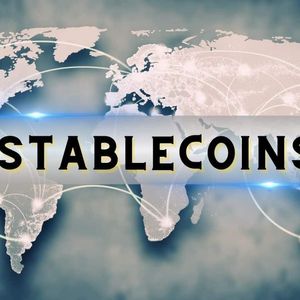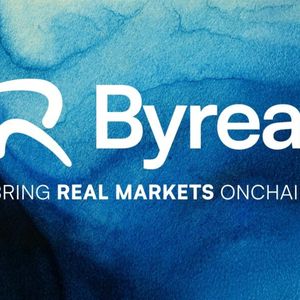Congo has extended its ban on the export of cobalt, a key material in making electric vehicle batteries, for another three months. The Democratic Republic of Congo has restricted electronic vehicle manufacturers’ access to a material essential to their technology: cobalt. Today’s development is the latest in a familiar theme of trade wars spreading across different sectors. The Democratic Republic of Congo (DRC) is the world’s leading producer of cobalt, and as such, the move spells uncertainty for electric vehicle (EV) manufacturers. Congo’s cobalt export ban remains in place Congo’s mineral regulatory agency made the announcement on Saturday. The industry is currently experiencing a crisis as global cobalt prices remain in decline. Miners are currently divided over how to navigate the growing stockpile. The original four-month export suspension was imposed in February 2025 to curb an oversupply of cobalt, a critical component in lithium-ion batteries used in EVs, smartphones, and other high-tech devices. The initial ban was set to expire on June 23, but the new extension will run until September, keeping roughly 70% of the world’s cobalt production largely unavailable to global markets. “The decision has been taken to extend the temporary suspension due to the continued high level of stock on the market,” the Authority for the Regulation and Control of Strategic Mineral Substances’ Markets (ARECOMS) said in a statement. #RDC_MINES | COMMUNIQUÉ Prolongation de la suspension temporaire de l’exportation du Cobalt. pic.twitter.com/S8XyZPLKDL — Ministère des Mines – RDC (@MinMinesRDC) June 21, 2025 Congo’s ARECOMS expects its market intervention to stabilize cobalt prices, which fell to a nine-year low of $10 per pound earlier this year. Cobalt miners are divided on cobalt control strategy Congo’s latest move has sparked disagreement among the industry’s biggest players, including Glencore and CMOC Group. These companies are the world’s top two cobalt producers, and they are currently on opposite sides in terms of how to move forward. Congolese authorities have been considering implementing a system of export quotas that would limit how much cobalt each mining company can ship abroad once the ban is eventually lifted. The proposal is still under review, but it appears to have gained traction with Glencore, an Anglo-Swiss mining and commodities giant. The company believes a quota-based system is a way to better manage supply and pricing. However, CMOC Group, China’s state-backed mining conglomerate, is lobbying for the immediate removal of the export ban altogether. CMOC argues that the continued suspension will distort global markets, undermine long-term supply relationships, and could damage the reputation of Congolese cobalt as a reliable input for EV manufacturers and tech firms. This is especially important as major automakers are currently ramping up EV production in an effort to meet their ambitious climate targets. These companies require stable and ethical sources of battery materials. Disruptions in cobalt supply can lead to delays in battery manufacturing, increase costs, and force companies to seek alternative methods that rely less heavily on cobalt. Already, several battery producers have begun transitioning toward nickel-rich or cobalt-free technologies. This change is partly due to ethical concerns tied to artisanal mining in the DRC, and now because of price volatility and regulatory unpredictability. The extended Congolese export ban is expected to tighten global cobalt availability further, potentially driving prices upward in the second half of the year if stockpiles begin to shrink. Some analysts believe the DRC’s move may encourage speculative hoarding or opportunistic deals with buyers willing to pay a premium for early access once exports resume. For now, ARECOMS has said it will issue a final decision to either modify, lift, or further extend the suspension before the new three-month period ends in September. “We will continue monitoring stock levels and market conditions and will provide further guidance before the current extension expires,” an agency spokesperson said. KEY Difference Wire : the secret tool crypto projects use to get guaranteed media coverage
















